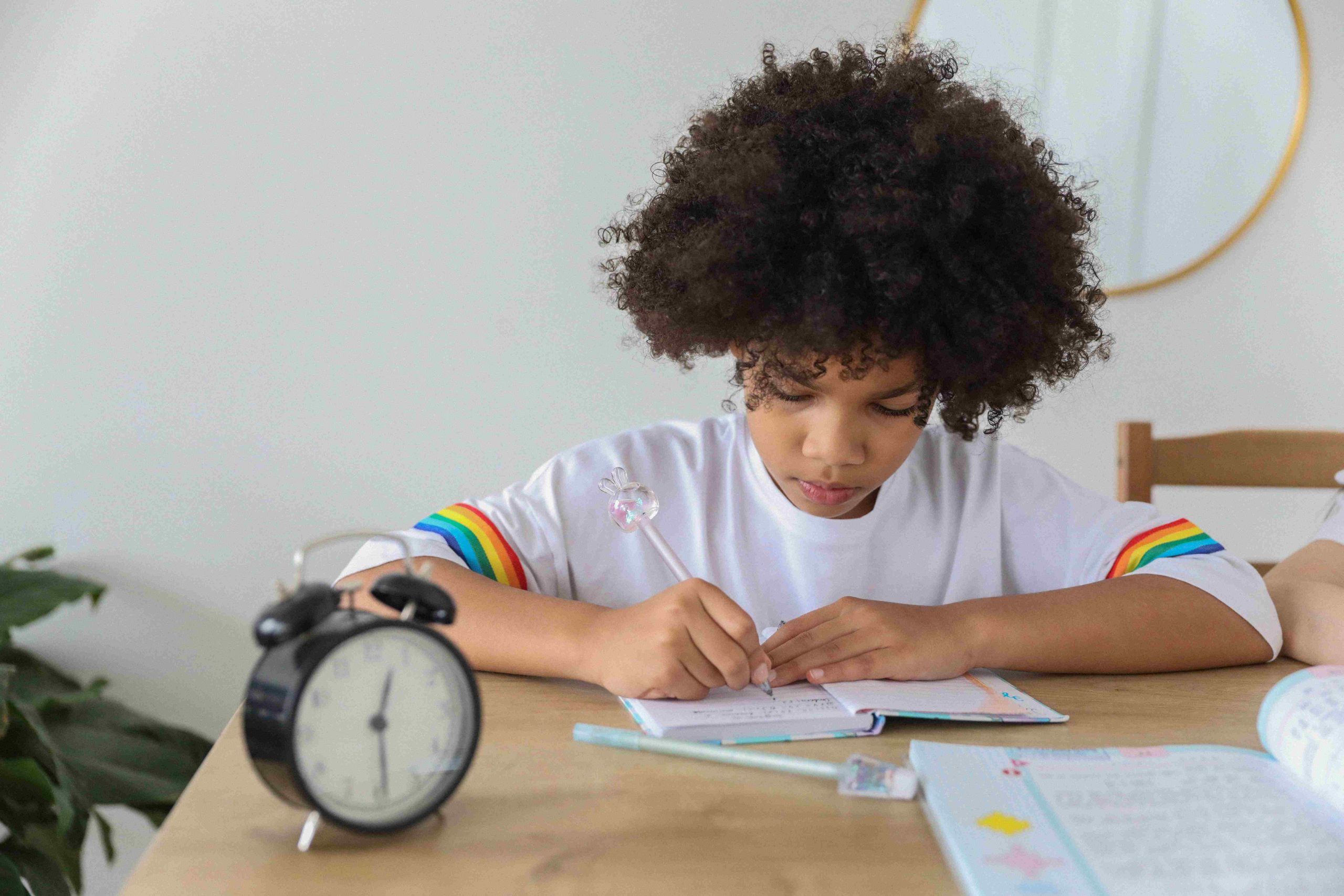
The Great Debate: Should Preschoolers Be Reading?
Deciding when a child is ready to begin reading can be challenging for parents. Some may feel pressured to start their preschoolers on reading early, while others prefer to wait until their child shows a natural interest. To help you make an informed decision, this article will explore both sides of the debate on whether preschoolers should be reading.
The Argument for Early Reading
Many educators believe that introducing reading to young preschoolers can benefit their academic success. Early reading instruction can enhance vocabulary, comprehension, and critical thinking skills. It also boosts self-confidence and self-esteem by enabling children to interact effectively with their environment.
Research suggests that preschoolers should be exposed to reading between the ages of 2 and 7, when their brains are most receptive to language learning. By introducing letters, sounds, and words early on, parents can lay a strong foundation for their child’s future academic achievements.
The Argument Against Early Reading
Despite the benefits, some experts argue that it’s best to wait until a preschooler is developmentally ready and interested in learning to read. Forcing a child to read before they are ready can lead to frustration and anxiety, negatively impacting their attitude toward learning.
Since preschoolers mature at different rates, there’s no set age for starting reading instruction. Rushing them into reading can result in disinterest and a strained relationship with books.
Signs Your Preschooler May Be Ready to Read
How can you tell if your preschooler is ready to start reading? Look for these signs:
- Interest in Letters and Words: Does your child show curiosity about letters and words, asking about their meanings or pointing them out?
- Ability to Recognize Letters: Can your preschooler identify some letters of the alphabet, even if they don’t know all their sounds yet?
- Love of Books: Does your child enjoy being read to and independently explore books?
- Ability to Focus: Can your preschooler sit still and concentrate on a task for a short period?
- Following Directions: Can your child understand and follow simple instructions related to reading?
If these signs are present, your preschooler may be ready to start reading.
Tips for Teaching Your Preschooler to Read
If you’ve determined that your preschooler is ready for reading instruction, consider these tips:
- Start with Phonics: Teach your child the sounds of letters and how to blend them to form words.
- Use Repetition: Repeat sounds and words frequently to reinforce learning.
- Make it Fun: Engage in games, songs, and activities that make reading enjoyable.
- Read Together: Spend time reading with your child and model a love for reading.
- Be Patient: Learning to read takes time, so be patient and supportive of your child’s progress.
Alternatives to Teaching Your Preschooler to Read
If you’ve decided that teaching your child to read isn’t the best option at this time, consider these alternatives:
- Encourage Play-Based Learning: Provide toys and activities that promote language and cognitive skills.
- Read Together: Enjoy reading with your child, even if they’re not yet reading independently.
- Expose to Language: Engage in conversations, songs, and storytelling to enhance language skills.
- Foster Creativity: Encourage artistic expression through drawing and other creative activities.
- Use Educational Apps: Explore apps that support language and cognitive development in a fun way.
The decision to teach your preschooler to read should align with their individual needs and developmental stage. Pay attention to their interests and skills to determine what’s best for them.
Conclusion
The debate on whether preschoolers should be reading is complex and depends on various factors. While early reading instruction can offer benefits, it’s crucial to consider a child’s readiness and avoid imposing pressure. Alternatives like play-based learning and exposure to language can also support language and literacy development.
Ultimately, parents should prioritize creating a nurturing environment that fosters a love for learning, whether through reading or other engaging activities.


